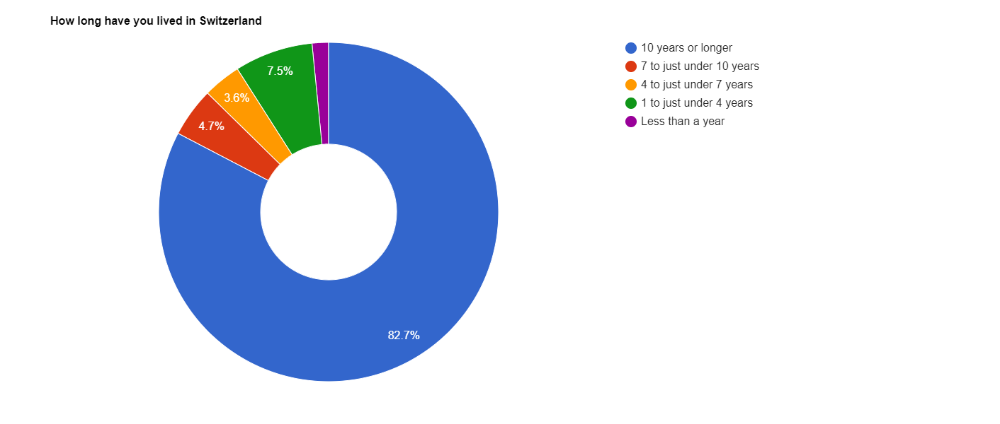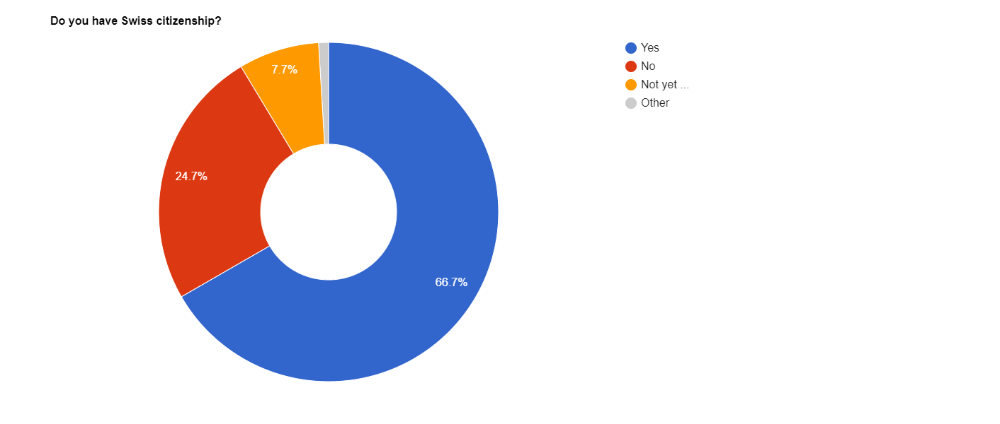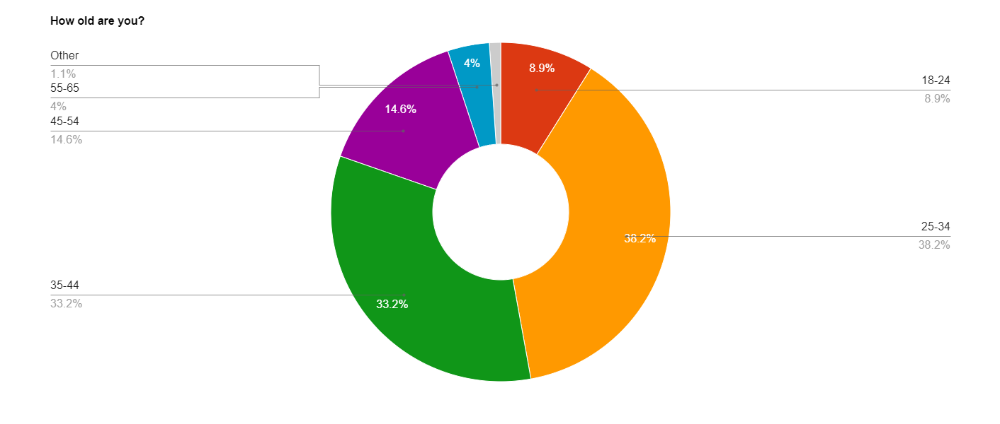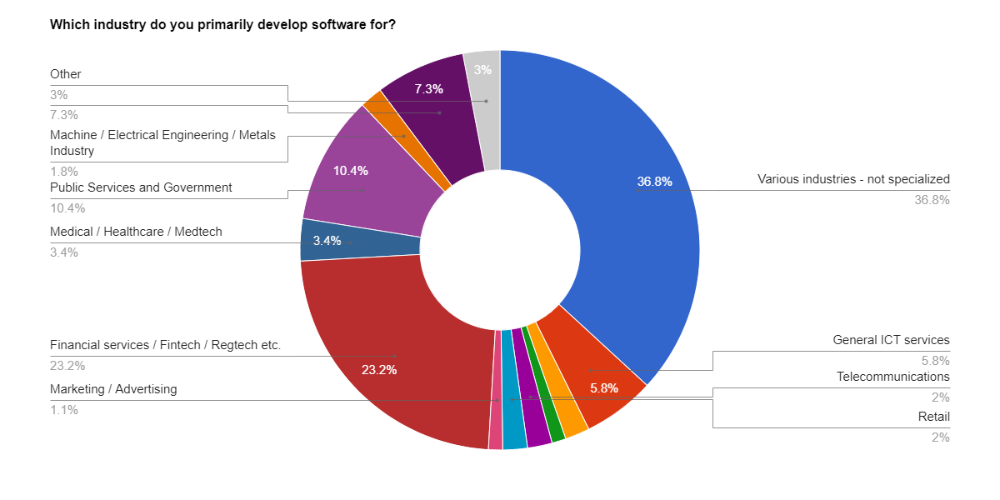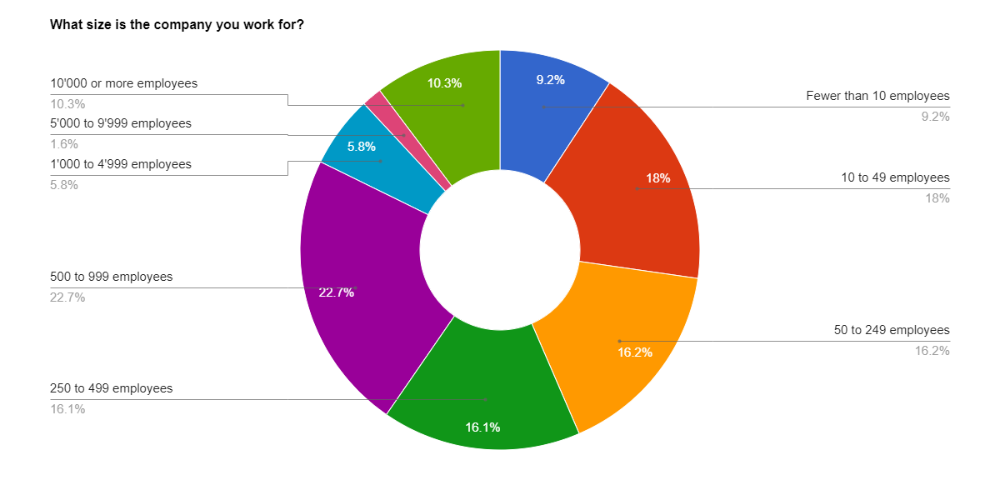The swiss developer survey 2020 has 1030 participants (+ 6.5 percent). Of these, 719 completed the survey.
Some of the participants who did not complete the survey, gave very wide-ranging answers nevertheless. Therefore, all persons who answered at least five questions were taken into account. In addition, since answering many questions was not mandatory, the number of answers on any given questions varies between 650 and 968, depending on the question.
It is also clear that software developers are willing to invest time and energy to answer questions in detail. If there had not been a similar worldwide survey with more questions and almost 100,000 participants, no one would have believed that developers would fill out such a questionnaire.
